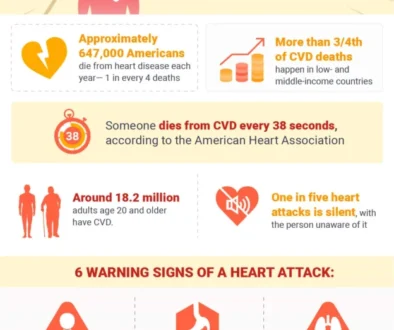Teaching Kids to be Brave
By Aparna Mele

Part of a parent’s job is to teach our kids to be self-reliant and prepare them for the hard knocks and tough breaks in life. While we never want our children’s lives to be difficult, how can we set them up for success in the today’s competitively spirited world, if they don’t first learn how to get up when they fall, and face mistakes and bad luck with fortitude and courage? Learning to be brave means being prepared to fall, sometimes hard.
Here are some tips to teaching our children these important lessons.
Make it safe for them to feel fear:
We can’t be brave without accepting and acknowledging fear, and bravery truly cannot exist without fear. Our kids need to know it is okay, and even healthy, to feel afraid at times and they can share that feeling out loud and find courage in sharing that with their parents. Acknowledge their fears, support and encourage them always so that even when we are not always with them, they will “hear” our words during their personal challenges and find strength in them.
Teach them that it is ok to be wrong:
Our fear often comes from within—we simply don’t want to fail, look stupid, or get hurt. As parents, we need to raise our kids to feel confident, and to know that giving a wrong answer or playing a wrong note will not change their worth. Show them the courage in perseverance as well as the courage in failing until success is achieved. The result is an intrinsic reward for being brave!
Let them do things for themselves whenever possible:
Finding their own solutions is the only way that kids can stretch themselves and grow and mature. As parents, we cannot continue to rescue them every time they face a challenge. If we do, they will never learn that they can actually problem-solve for themselves. Let them tackle things on their own whenever possible, even if it would be easier and quicker for you to solve it for them. There is learning in the journey!
Share your own struggles:
Sometimes, our greatest struggles can create the best examples of our courage, and can teach our own kids to find strength in themselves too. Discuss with your child a shareable problem that you faced personally, and how you handled and got through it. Share your emotions and feelings about the experience and what the challenges have taught you. If kids can see that their parents face and resolve their own challenges, it gives them the guts to handle their own scrapes too!
Expose them to risk:
Sheltering our kids from any slightly challenging experience creates an artificial world that doesn’t reflect real life. When you give kids the opportunity to take risks, or to do risky activities in a secure environment, you help cultivate bravery, strength, and a can-do attitude. Tackle a new sport together, visit an interactive place where you can try something new like indoor rock-climbing or indoor sky-diving to push them out of their comfort zone, but still keep things safe and fun. They will feel a major sense of accomplishment when they do it and foster their own courage.
In the end, boosting bravery in your kids benefits you as much as them. Making the principle of ‘hard is good’ a part of your family culture will have far-reaching benefits. It may take time, but children can be taught to embrace that outlook on life and its challenges, and this will help them ultimately succeed. As George Bernard Shaw once said, “Life is not meant to be easy, my child; but take courage—it can be delightful”!



